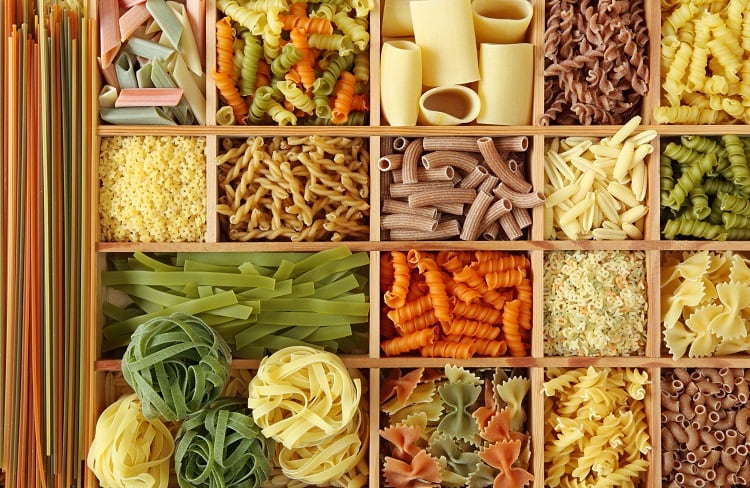As the year comes to a close, we caught up with executives from the Brazilian Association of Food Industries (ABIA) and Organis to discuss the most important events for industry and how these might evolve as we move into 2019.
144,600 tonnes less sugar by 2022
João Dornellas, executive president of the Brazilian Association of Food Industries ABIA, told FoodNavigator-LATAM 2018 was a “very important” year for Brazil and its food industry sector.
“The key event in 2018 was the agreement signed between the food industry and the Ministry of Health for the voluntary reduction of sugars in 23 food and beverage categories,” Dornellas said.
This agreement, he said, had been the accumulation of two years work between industry* and government and meant that by 2022, 144,600 tonnes of sugar would be withdrawn from the market. Around 19% of sugar consumed in Brazil was added by industry, according to the ABIA, the rest came from additions in final preparations, at home or in restaurants.
*The Brazilian Manufacturers Association of Biscuits, Pasta and Industrialized Breads & Cakes (ABIMAPI), the Brazilian Association of Soft Drinks and Non-Alcoholic Beverages (ABIR) and the Brazilian Dairy Association were also joint signatories of the agreement.
Dornellas said the move showed industry's commitment to promoting healthy lifestyles, improving the nutritional profile of industrialized foods, innovating its portfolio and adapting to current consumer needs.
Organic and natural growing 20-25%
Ming Liu, executive director of Organis and its industry-driven promotional program Brasil Organics, said adapting to consumer needs had been a significant driving force behind natural and organic.
Consumer trends towards buying more local, consuming less processed food and avoiding artificial and industrialized products, Liu said, had sparked lots of innovation, with new product and company launches.
“Most of the new products are products that large corporations have difficulty in following, as logistics and supply of unique ingredients are always limited in large scale,” he said. At Biofach Latin America in June this year, for example, he said there was around 40% more entrepreneurs and exhibitors looking to develop new business in natural and organic.
Increased innovation in the space, Liu said, had opened up plentiful retail opportunity which, whilst still small at an estimated $1bn, would be bolstered by the fact organics were growing at 20-25%.
On the horizon for 2019...

“The expectations of the Brazilian food and beverage industry for 2019 are very positive,” Dornellas said, with optimism that the economy will be more consistent under its new government cycle, starting on January 1.
“We expect 2019 changes in domestic policy, aimed at renewing the regulatory environment and Brazilian legislation as well as the implementation of nutrition labeling in harmony with Mercosur, will provide significant changes and a new growth milestone for the national industry,” he said.
However, Liu said any policy change, particularly around agriculture and exports, would have to be closely monitored.
“In Brazil, the major issues to look out for in 2019 are those around how the authorities will treat the ban or limitation of use and applications of agrochemicals, pesticides, and other products in agriculture that can harm the planet,” he said. “We are still the country that uses the highest rates of agrochemicals and even products that have been prohibited in Europe and the US for years; products that are still being applied daily in agriculture and animal production. We are concerned about how Brazil can still play a major role in the agribusiness world but do so with responsibility and sustainability.”


